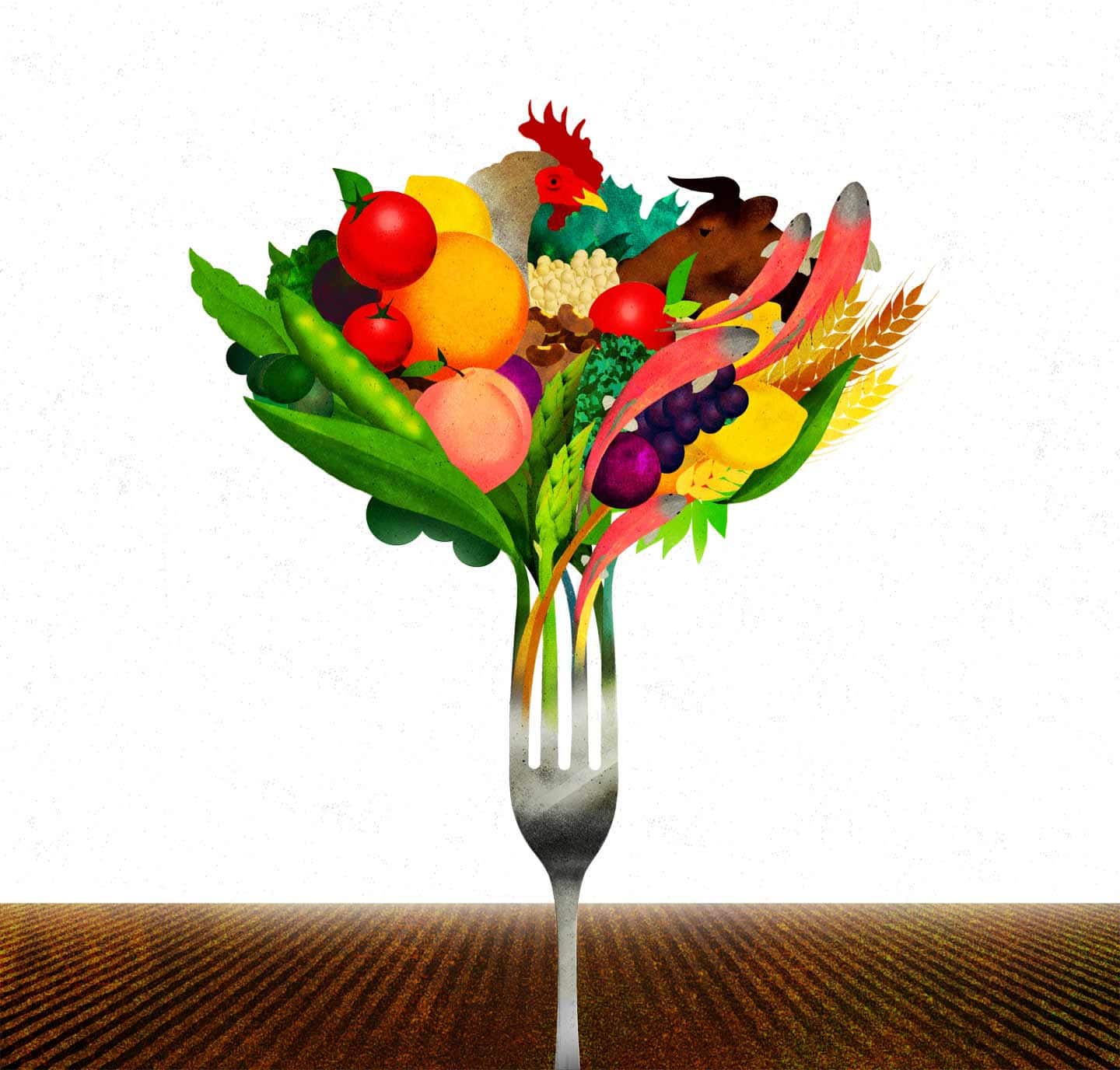- Blog
- Food & Agriculture
- Genetic Engineering
- The Future of Food: The Next Generation of GMOs
The Future of Food: The Next Generation of GMOs
by Dana Perls, Senior Food & Technology Campaigner

Donate Now!
Your contribution will benefit Friends of the Earth.
Stay Informed
Thanks for your interest in Friends of the Earth. You can find information about us and get in touch the following ways:
Originally posted on The Nation
New genetic-engineering technologies like CRISPR are being sensationalized as “silver bullets” to address food-system challenges, from pollution to hunger. Similar promises were made about the first generation of genetically modified organisms (GMOs) in agriculture. Unfortunately, among other problems, most of these GMO crops led to massive increases in the use of toxic herbicides like glyphosate, a probable carcinogen. Before we embrace the next generation of GMOs, we need to understand their health, environmental, and social-justice effects. Unfortunately, the synthetic-biology industry is racing forward, fueled by hype and venture capital, with little regard for the possible consequences.
Food products made with new GMO techniques include the meatless Impossible Burger, the GMO Arctic Apple, and vanilla flavoring derived from genetically engineered yeast. Some of these products are rapidly making their way onto our plates ahead of full safety assessments, regulations, and proper labeling (indeed, many of them are being marketed as “sustainable”). But the early evidence suggests that they may contribute more problems than solutions.
Consider the Impossible Burger. FDA documents revealed that its key ingredient—the genetically engineered “heme” protein, which turns the burger red—may be an allergen, and also that there were 46 unexpected and unassessed proteins found in the product. The FDA stated that the studies submitted by Impossible Foods “do not establish the safety” of its product—and yet the company continues to sell these burgers across the country.
Evolva’s vanillin, from genetically engineered yeast fed with sugar and raised in vats, is being marketed as “natural and sustainable.” Evolva can do this because the term “natural” is legally undefined, allowing its product to compete with truly natural, plant-based vanilla, sustainably grown by 200,000 small farmers in rain forests in the Global South. As Alejandrino Garcia Castaño, a third-generation Mexican vanilla farmer, argues: “To put a ‘natural’ label on synthetic-biology products is a dishonest act”—one that “will hurt small-scale farmers who cultivate the real plant, while caring for real people and real forests.”
We are at a crossroads in the food system, and the direction we choose to take will have ripple effects far into the future. Do we want our food produced with risky, unregulated, patented, genetically engineered fungi or algae, fed with environmentally destructive feedstocks like GMO corn, and controlled by a handful of mega-corporations? Instead of investing in potential problems masquerading as solutions, shouldn’t we invest in the transparent, organic, humane, and socially just production of real food in a way that benefits farmers, food-chain workers, consumers, animals, and the environment?
